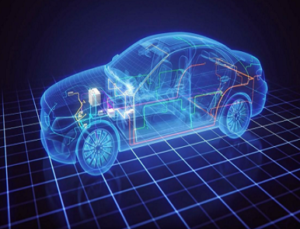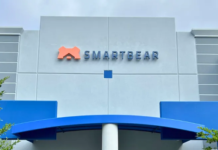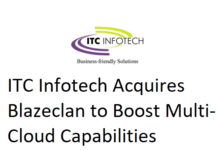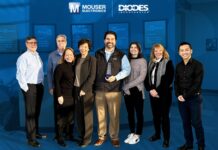
Synopsys announced its collaboration with STMicroelectronics (ST) to establish a Center of Excellence program to speed development of automotive electronic systems and software. The program focuses on delivering Synopsys Virtualizer Development Kits (VDKs) for the ST Stellar family of automotive multicore microcontrollers (MCUs), enabling companies to accelerate the development of automotive electronic systems by enabling the move from physical to virtual testing. The first VDK with support for the ST Stellar MCU family is available today. Using a VDK enabled ST’s automotive tier 1 customers to develop software and test patterns 18 months ahead of the first Stellar samples. Within a few days of receiving the first samples, the developed software was successfully executing on the sample hardware.
“New domain controllers that support data-enabled services require new tools to start software development early and accelerate system testing by moving from a physical to a virtual environment,” said Fabio Marchiò, group vice president and general manager of ST’s Automotive Digital Division. “Collaborating with Synopsys in their Center of Excellence program jumpstarted our customers’ software development, accelerating their system development and testing.”
Automotive tier 1 and OEM companies use VDKs to develop software early, before MCU or electronic control unit (ECU) hardware is available. VDKs enable the transition from physical to virtual system testing. Virtual environments increase testing throughput by frontloading test development, simplifying the execution of complex testing requirements, such as fault and coverage testing, and accelerating cycles by virtualizing testbenches and deploying them in regression, resulting in faster time-to-market, better quality, and more efficient testing turnaround.
ST’s new Stellar family of automotive MCUs, based on multiple Arm Cortex R-52 and -M4 processors, and featuring extensive security that satisfies the automotive industry’s demanding ISO 26262 ASIL-D safety qualification using lockstep capabilities, is designed for domain controller-based automotive platforms. The Stellar devices build on ST’s extensive know-how and strong track record in high-performance automotive MCUs. Major applications for Stellar MCUs include smart control for hybrid powertrain, the broad electrification of car systems with on-board chargers, battery-management systems, and DC-DC controllers, as well as smart gateways, advanced driver assistance systems (ADAS), and enhanced vehicle stability controls. This collaboration brings together the unique expertise of both companies to help ensure the earliest availability of VDKs for the benefit of mutual customers.
“The increase in electronic content requires more productive tools and methodologies to start software development earlier, mitigate risks, and accelerate testing cycles,” said Eshel Haritan, vice president of R&D for Synopsys’ Verification Group. “By closely collaborating with STMicroelectronics for the development and delivery of VDKs, we can jointly ensure that automotive tier 1 and OEM companies have the most advanced, commercially-supported virtual prototypes and reliable long-term support for the ST Stellar family of microcontrollers.”


















